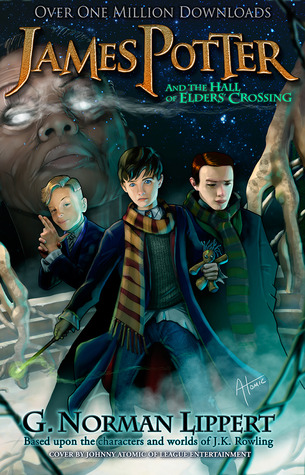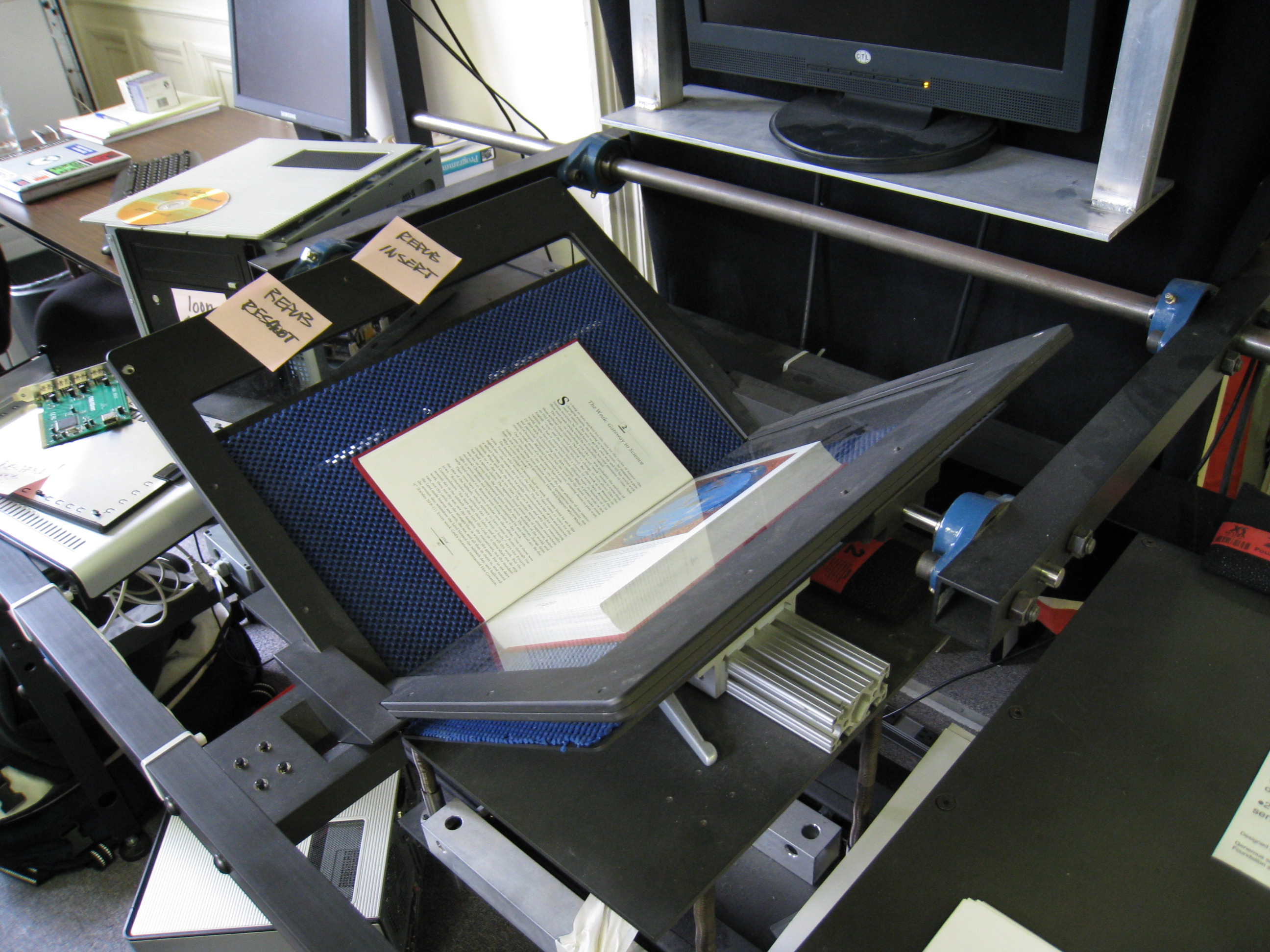Have you ever felt sad after you finished your favourite book, movie, TV show etc. because it was too short and you wanted it to continue? That's when the right fans seek for the "other way" of enjoying their favourite stories.
What is fan fiction?
Ever since the Internet became popular, many fan clubs have created their own webpages to share their opinions, ask questions or simply just to get to know the other fans to enjoy their "guilty pleasures" with.
Many readers volunteer to write their own novels using the characters already created by someone else. These so called "fan fiction" novels can gain popularity quite easily, because their fan base is already there. The potential readers are already familiar with the characters and background and many of them are very excited to read some more stories from "their world".
But is this right? If someone creates the characters and original story, should someone else just take over and continue writing? Well, this is a rather difficult question. It all depends on many conditions.
Copyright issues
Is this legal? This is probably the first thing that comes to your mind when you see someone writing a novel using the names and characters, whose rights belong to someone else.
The attitudes of professional writers and creators of source texts to fandom and fanworks are as varied as their understanding of copyright and Fair Use. Some are vehemently opposed to fanworks based on their texts, and some are actively supportive. Still others are fine with fanworks but believe that reading or seeing them constitutes a threat; in fact, fan works pose no greater risk to a professional author than any other artistic works, essays, or even fan mail.
So as you can see, many authors don't mind fans writing their own stories based on the original books, or even encourage this. This includes authors such as Neil Gaiman, J.K. Rowling, D.J. MacHale, Stephenie Meyer, Terry Pratchett.
Is it worth reading?
Well, you have to ask this yourself. Some fans are keen to read everything that's out there, some are a bit hesitant and some fans avoid reading fan fiction. The main reason is, that many people think it would "spoil their experience" from the original book. This depends also on the type of fan fiction. Some may be very well written, follow all the character traits and features, some may be absolutelly off topic. You should read the reviews of the others who already read it, and then decide, if it's worth to spend time reading some amateur work. You can be surprised to find out, that some of them can be very enjoyable.
Where to find them?
 |
| Source: www.jamespotterseries.com |
There are many online sources of the fanfiction. Many interesting stories can be found on www.fanfiction.net. Amazon launched a new service called Kindle Worlds, where fans can find mostly stories based on comics or TV shows they like.
One of the most successful fan fiction work currently is a novel by G. Norman Lippert called James Potter, which is obviously telling new stories from the world of Harry Potter. You can download it in many formats for free on the official webpage and if you like it, you can make a donation and support the writer.So as you can see, internet can be an amazing place for the fans, where many new stories can find their readers and it is the best possibility to share your own works with the others.
Follow me on Twitter to find out about the new articles on the blog and feel free to comment on any of them.













